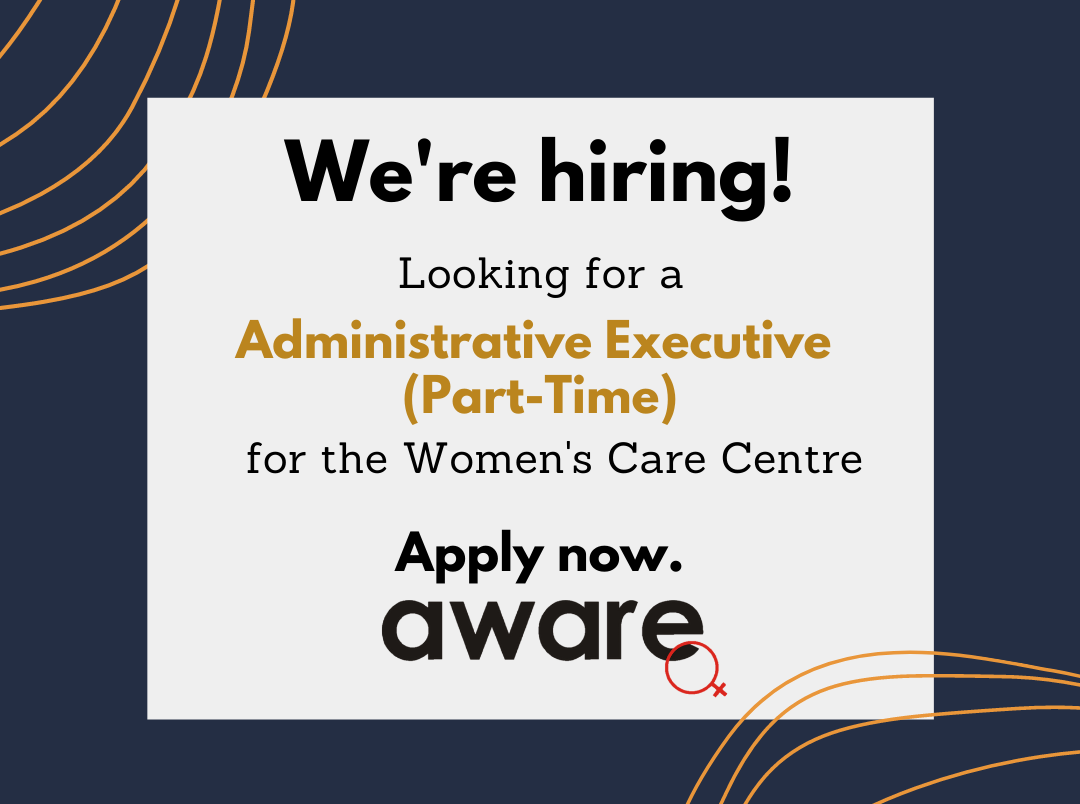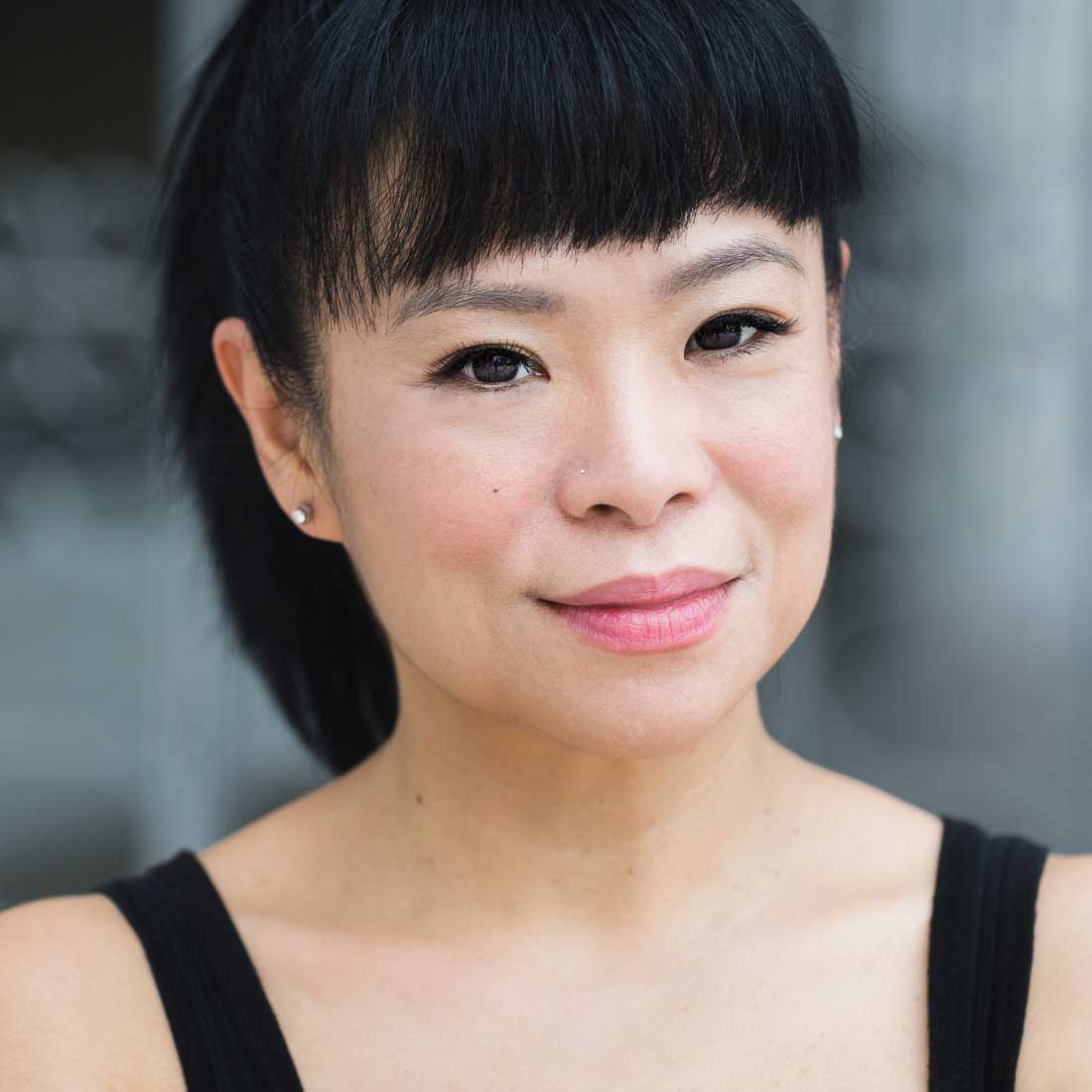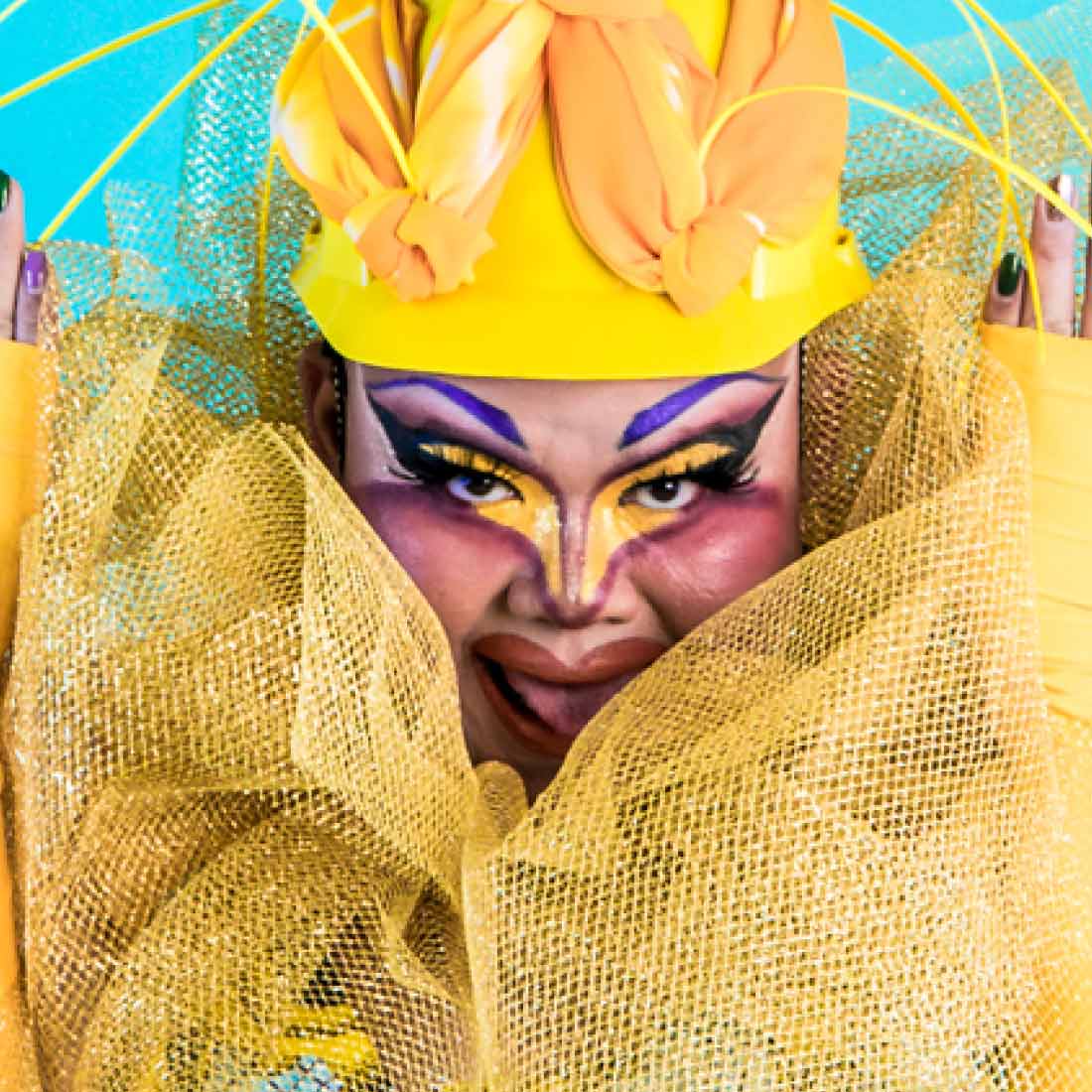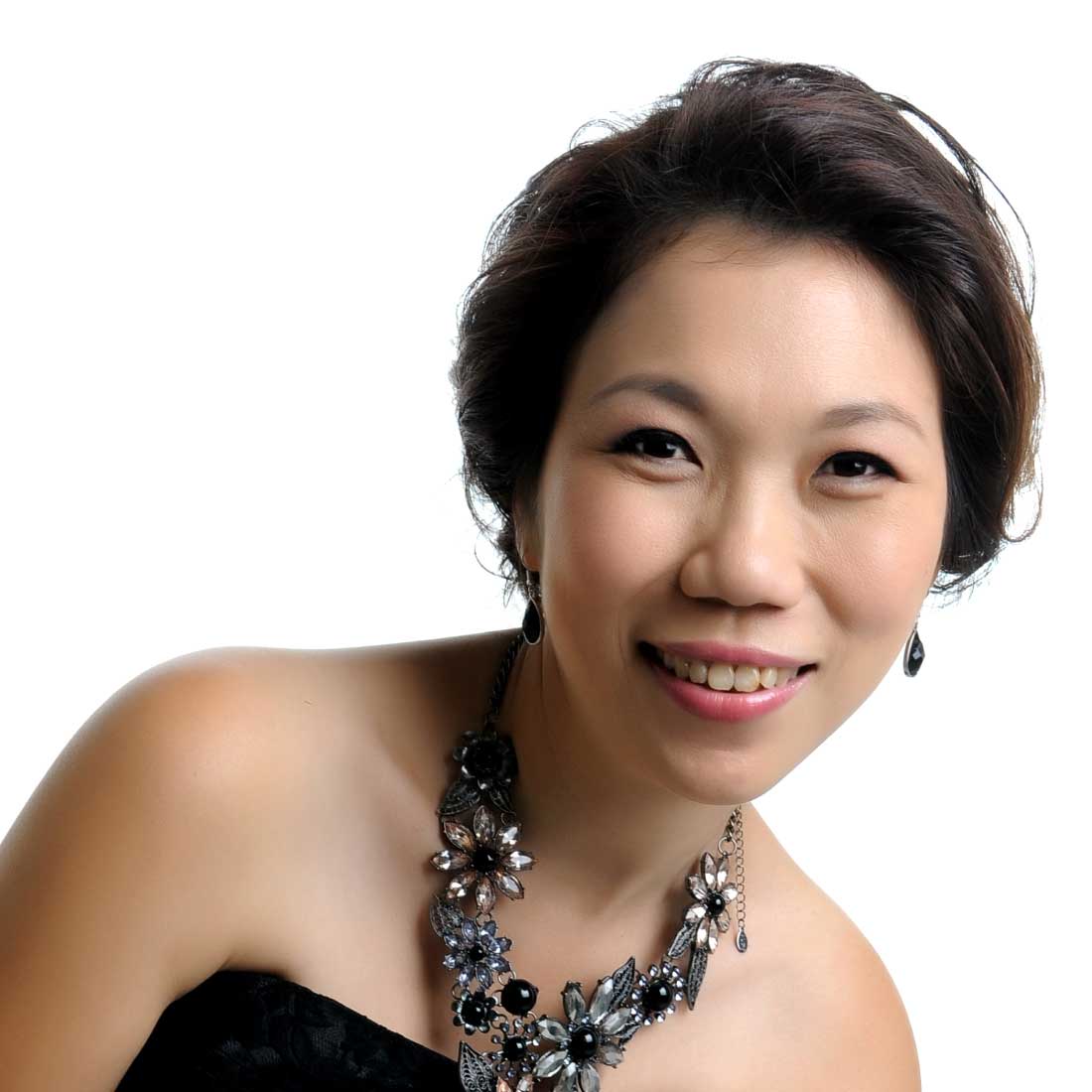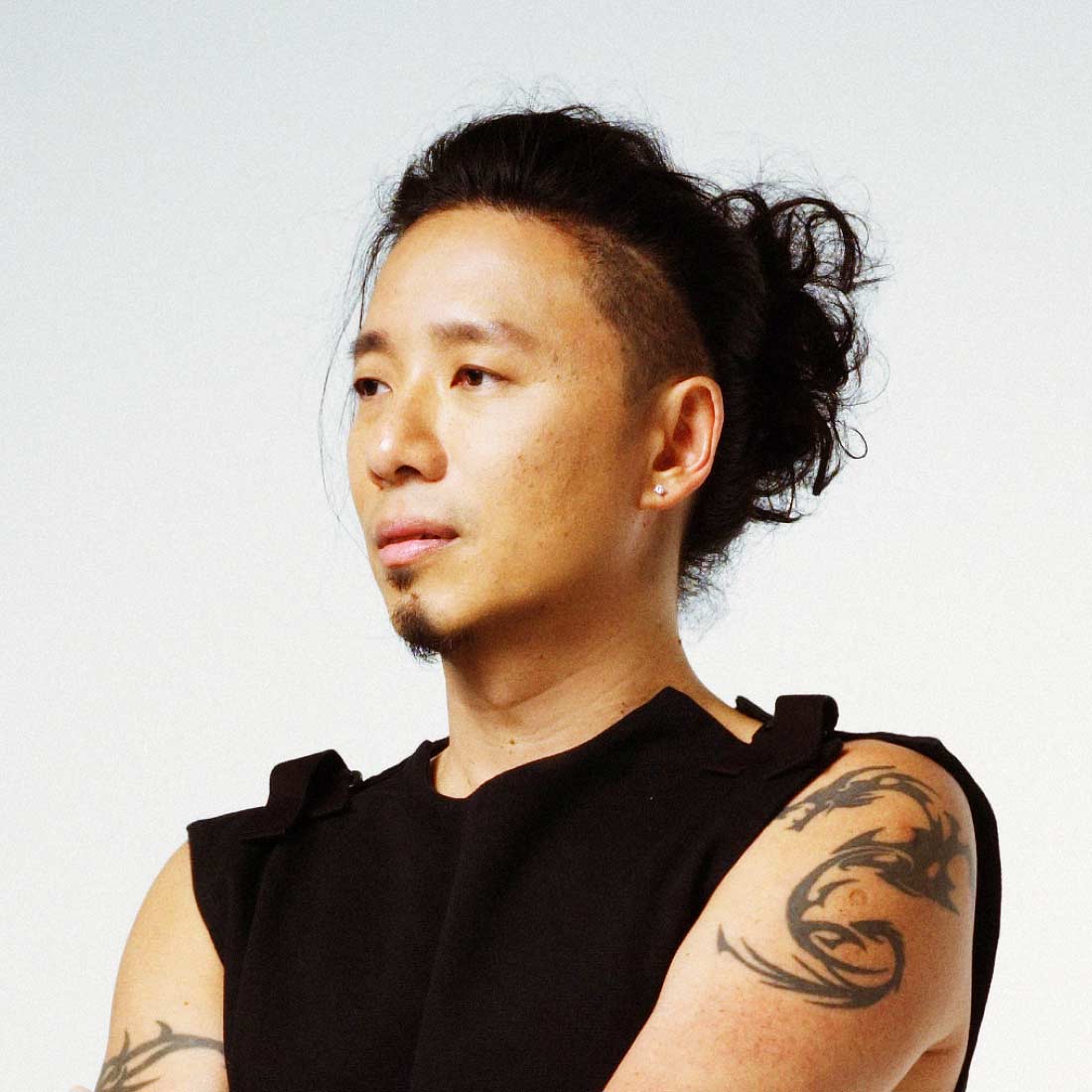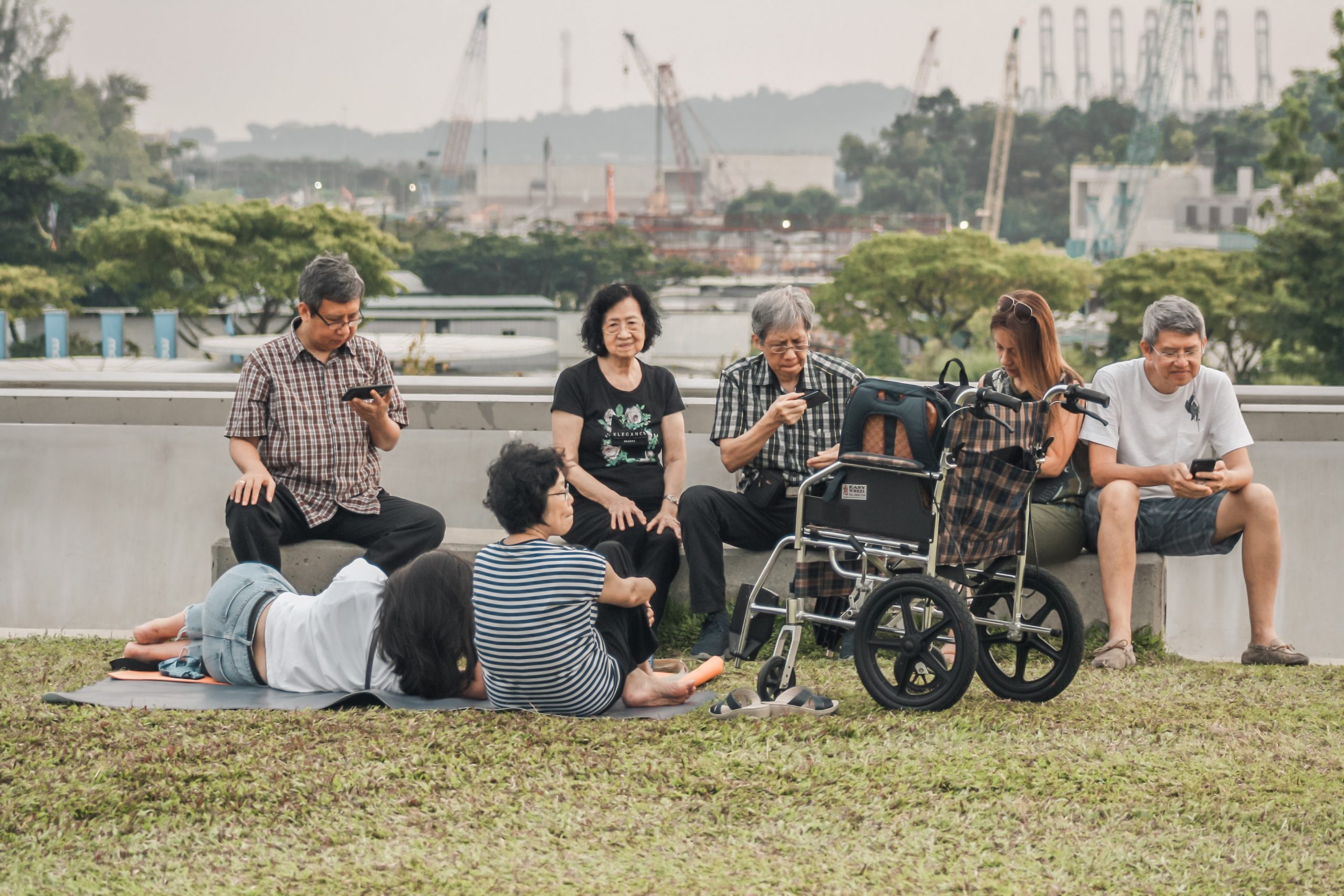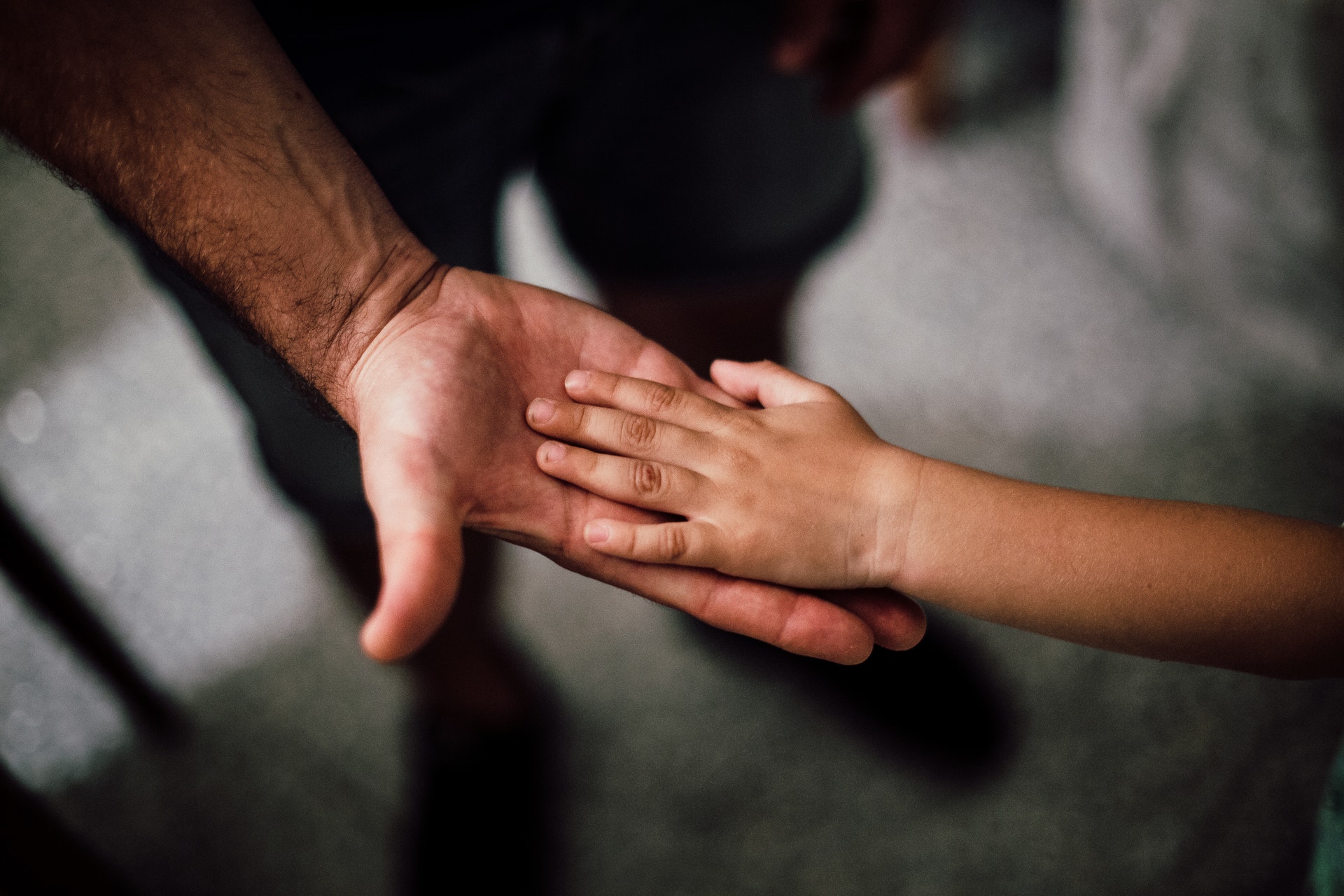
This commentary was originally published in Channel NewsAsia on 7 November 2020.
SINGAPORE: A while ago, I was watching the Netflix series Sex Education.
For the uninitiated, Sex Education follows Otis, a teenager who starts giving out advice to his school mates after years of observing his single mother – a sex therapist – counselling her clients.
In one particular episode, Otis and his mother have a huge argument that they can’t seem to resolve. In response to Otis’ stubbornness, his exasperated mother says:
As the primary carer in your life, I always get your worst. And I’m tired of it.
As the only son of a single mother too, I think about that scene a lot. Like Otis’ mother, almost all of the workload and responsibility fell onto my mother after my parents’ divorce.
And like Otis’ father in the show, who is separated from the family, my father seemed to escape these responsibilities. He moved out, spent weekends and holidays with his friends, while my mother worried constantly about housing us, making financial ends meet and being a good parent to me.
A WELCOME GENDER REVIEW
I thought about that scene again about a month ago, when it was announced that Singapore will embark on a comprehensive review of issues affecting women to bring about a mindset change on values like gender equality and respect for women.
The review is the first of its kind and marks a welcome shift — the announcement articulated that “changes to Singapore’s cultural value system” are needed, as opposed to just piecemeal solutions.
However, there was one thing missing in the announcement: An explicit call for men to get involved in the process.
Gender discrimination, and the structural barriers that women face, exist because generations of men have been complicit (consciously or unconsciously) in the oppressive system of patriarchy.
A lot of men have held onto misogynistic views, perpetuated unconscious biases, relegated women to the space of the home, discriminated at work based on gender, committed sexual and domestic violence, and so on.
This review, then, is an opportunity for men to think about how we can inculcate the importance of gender equality into other men. It would be remiss if we didn’t get involved in this review and if we let women do all the work.
For the men that need convincing, there is extensive international literature that suggests that men in gender-equal societies are better off than those in less equal ones.
These men tend to be healthier, both mentally and physically, and more satisfied with life on multiple fronts. As such, it is only in our own interests to show support for gender equality and to try and find ways to achieve it.
However, I don’t want to dwell too much on studies and disembodied analyses, because gender equality and equity is personal to me.
WOMEN DOING THE WORK ON BEHALF OF MEN
As I mentioned, for years I witnessed the struggles of my single mother. My maternal grandmother was also a single mother. So I have come to see how gendered this phenomenon can be.
Care work, for too long, has fallen almost exclusively on the shoulders of women without any choice in the matter, and often without compensation.
Bearing the responsibility of managing the household, caring for children, are all forms of labour that are rarely distributed evenly.
For example, in June, a National University of Singapore research revealed that on average, mothers spend more than twice as much time as fathers directly engaged with their child on weekdays.
This then results in the lack of accountability seen in men. Time and time again we see emotionally absent or distant fathers, fathers who leave the parenting to their wives.
This isn’t because they’re ill equipped to parent — there’s nothing inherent in men that makes them poor carers. More likely, men are socialised to see this as work they don’t need to do.
This may not be a belief that is explicitly articulated. But one only needs to look at how paternity leave is structured and thought about to see how deeply ingrained this line of thinking is.
By law, employers are only obligated to give two weeks of paternity leave in Singapore, compared to at least 12 weeks of maternity leave.
While numerous organisations do give more than the mandatory two weeks’ paternity leave, the Ministry of Social and Family Development (MSF) reported that 6 in 10 fathers still did not take paternity leave in 2018.
It goes without saying that this imbalance of care work is even more pronounced for single mothers, where all the responsibility has to be taken up by one person — like my mum.
GENDER INEQUALITY HARMS MEN TOO
Beyond housework and parenting, men also tend to delegate emotional labour to women. And while that may not strike you as “real work”, ensuring the psychological well-being of others is a mental load that strains the bandwidth of many women.
Many men see emotional and mental well-being as “feminine” and unimportant concepts. This mentality prevents them from seeking help and support—especially from other men — and from developing emotional literacy and intelligence.
For example, a 2016 Canadian study found that among 360 respondents who had experienced depression or suicidal ideation, more men than women were embarrassed about seeking formal treatment for depression.
This penalises men around the world to an enormous degree. It is tragic, but not surprising, that three times as many men as women die by suicide in high-income countries, as reported by the World Health Organization in 2018.
We end up being so paralysed by the expectation of being stoic and “rational”, we end up hurting ourselves and the people around us.
We wear this mask of invulnerability so tight that it ends up being self-destructive – choosing not to seek professional help (or assuming that talking to our female partners is sufficient), or resorting to violence when things get too bottled up.
We don’t emotionally connect, and we don’t emotionally invest. We rarely unpack or de-escalate. Imagine then, the kinds of role models and modes of masculinity that exist in this world for the next generation.
MEN MUST PLAY THEIR PART
The cycle must be broken, and that work lies squarely on men. Men are the only ones who can become better men; women cannot do that work for us.
It is my job to improve myself, using everything my mother has taught me.
Like what it means to be accountable to the people who rely on you, what it means to be honest in your communication, what it means to love openly, to be a better person, a better man, a better role model.
I do have hope that the tides are turning. I have had many powerful conversations with men who recognise the need to work towards a more gender-equal society. But more of us need to put in the labour.
Undeniably, most men have exhibited some form of misogyny and toxic masculinity in the past; I know I have. It might be something seemingly small, like making sexist jokes or an inappropriate comment, or it might be a form of discrimination that was more overt.
But the aim here is not to strive for some form of ethical purity that doesn’t exist. Rather, it is to recognise our mistakes, hold ourselves accountable to said mistakes, and learn to be better moving forward.
So what’s next? What do we do?
Make your voices heard. Call out toxic behaviour. Stop relying solely on women for emotional work and start developing emotional literacy amongst your male friends.
And finally, demonstrate your support for this review on women’s issues by participating however you can. There is value and power in showing up.
And it’s important to show that we, as men, are willing to put in that work to fight for gender equality so we become better role models for the next generation of partners, husbands, fathers, sons.
Kristian-Marc James Paul, AWARE member





